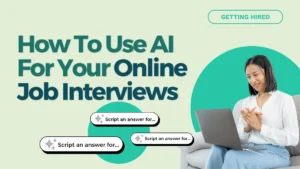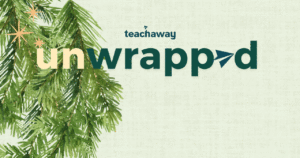“For the first time ever, children born within the past five years will be fully “connected” from birth. Devices with high-speed connectivity will be used not as toys, but as extensions of everyday life. Moving forward, it is important to provide access to quality digital education for children from a young age, in order to give them the best chance at future success in school, work, and life.” – Skooli Online Tutoring
To best prepare young people for a successful future, the classroom needs to embrace technology. Integrating digital learning tools with the classroom will help children develop the skills they need to for future academic and career aspirations, and for daily life.
Regardless of how educators react to digital technology, it will be an inseparable extension of tomorrow’s “screenagers”. What schools and teachers can decide is whether or not to embrace and employ connected tech within the classroom in meaningful ways. In the past, we have often viewed accessible screen-based technologies as media for entertainment. Now, however, they have evolved into valuable tools – and these valuable tools can be used to push the boundaries of education and change the traditional connotation of the classroom.
How can teachers use online devices, like computers, tablets, and mobile phones to help their students learn in the 21st century? I’ve done some research with team at Skooli, our friends in the online tutoring space, to come up with some ways digital tech can help teachers take their classrooms to the next, future-ready, screenager-in-mind, level:
-
Minecraft: To most teachers, this one might seem obvious. Minecraft has experienced is already super popular in the classroom. Teachers who are using the game have found it to be effective in developing and sharpening “logic, problem solving, goal setting, science, economics and literacy” skills.
-
Content that appeals to the “four Cs”: Common Sense Media’s four Cs should be taken into consideration when striving to maximize the time students spend with digital and online technology. The four Cs are connection, critical thinking, context, and creativity. Does the media your students engage with provide an experience he or she can connect to and learn from? Does it require critical thought that digs deeper and challenges the student to think in new ways about complex problems? Does it help your students understand how technology fits into the larger world? Does it stimulate creativity?
-
Coding: Kids are totally capable of learning simple code from a very early age (and teachers, you can learn, too!) Computer programming is a highly sought after skill in the professional world and learning among adults is gaining tons of popularity as of late. It’s the way of the future and definitely something young students can learn in the classroom using free non-profit platforms like Code.org.
-
Informative TV and film: Some of the above examples focus more on skill-building than on growing knowledge of the world in the traditional sense. Online digital technology allows us as educators to access so much more content than ever before. For the younger learners, there are resources like PBS Kids, and for middle and high school students, there is a massive wealth of documentaries that explore curriculum content in further detail as well as every era of history you can think of! Scour the internet and you will be sure to find endless amounts of valuable media for the classroom; gone are the days of the TV and VCR and the trolley.
-
Online tutoring: Online tutoring is one of the most practical ways to apply technology in order to learn material that will directly improve the student’s performance in the classroom. Some online tutoring services even support mobile phone and tablet interaction as well as computer.



The Skooli classroom in action
Do you have any creative ways to integrate technology in the classroom? Do you have any advice for teachers to connect with screenagers at school? We would love to hear from you, leave your comments below.
Thanks to Skooli for the help on this article! Teachers interested in becoming online tutors can register here.



